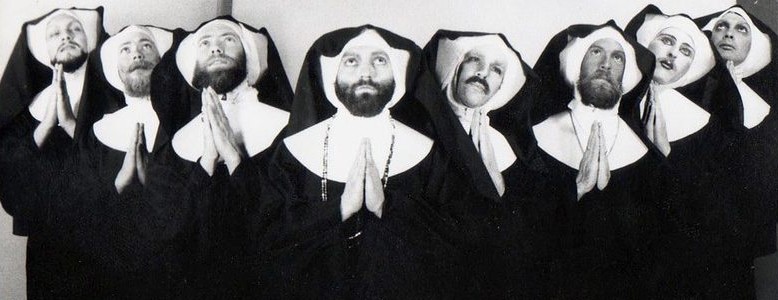The stability of a pluralistic society depends upon the maintenance of a "sacred canopy," which is a shared system of meaning that provides a sense of cosmic order and social security. A primary threat to this canopy is the institutional encouragement of religious mockery. This converts satire from a tool of dissent into a way of social exclusion. When major groups or state bodies authorize the ridicule of sacred symbols, they effectively signal that certain parts of the people are cultural exiles. This study examines the destructive ways of institutional mockery, focusing on the loss of social bonds and the mental impact of desecration on the community.
The 2023 controversy involving the Los Angeles Dodgers’ invitation to the Sisters of Perpetual Indulgence serves as a clear example of institutional betrayal. By honoring a group that uses the clothes of Catholic religious orders for parody, a major civic body favoured social subversion over the feelings of a significant portion of the public. This act did not merely help art; it validated the public mockery of symbols that provide basic meaning to millions. Such actions create a deep sense of exile, as the faithful realize that the groups meant to represent the total community are instead backing their ridicule. The result is a sharp drop in social trust and a growth of social polarisation that hurts the stability of the state.
Mockery of the sacred is uniquely destructive because it targets the psychological core of the individual and the shared identity of the group. In a healthy society, social bonds are maintained through a mutual recognition of the "untouchable" elements of various worldviews. When these boundaries are breached with institutional support, the result is "social desecration," which is the breaking of the implicit contract of mutual respect that allows diverse groups to coexist. This is not merely a matter of taking offense; it is the destruction of the psychological safety required for open participation in the public square. When the sacred is mocked by the powerful, the faithful often retreat into insular enclaves, viewing the broader culture as a hostile force.
The "paradox of tolerance," written by Karl Popper in 1945, is frequently misapplied to justify the suppression of religious objections to offensive satire. However, a more rigorous application of the theory suggests that a truly tolerant society must also protect the believer from the coercive power of institutionalised ridicule. When governments or major corporations endorse mockery, they are not promoting tolerance; they are exercising a form of cultural dominance that marginalises religious perspectives. This imbalance breaks the main rules of a diverse state and transforms the public square into an arena of ideological combat. The balance between mental freedom and social peace is lost when the state takes a side in the desecration of the sacred.
Ultimately, the impact of sanctioned mockery on societal health is a categorical decline in the ability to maintain shared objectives. While satire remains a vital tool for exposing hypocrisy, its institutionalised use against the sacred is a recipe for fragmentation. A society that abandons the principle of mutual respect for the sacred will eventually find itself unable to maintain the bonds of citizenship. The goal of a sophisticated society must be to build a world where diverse views can coexist without the constant threat of systematic ridicule by state or corporate actors. Each person, and especially each institution, has a duty to evaluate the consequences of their speech on the integrity of the social fabric. True societal growth involves reclaiming a sense of respect for the diverse symbols that provide the "sacred canopy" for the human experience.
The way forward requires a commitment to the principles of empathy and the recognition of the shared human capacity for resilience. Only through the cultivation of mutual respect and the protection of the sacred from institutionalised mockery can a truly open and tolerant society maintain its integrity in the face of persistent ideological conflict.

